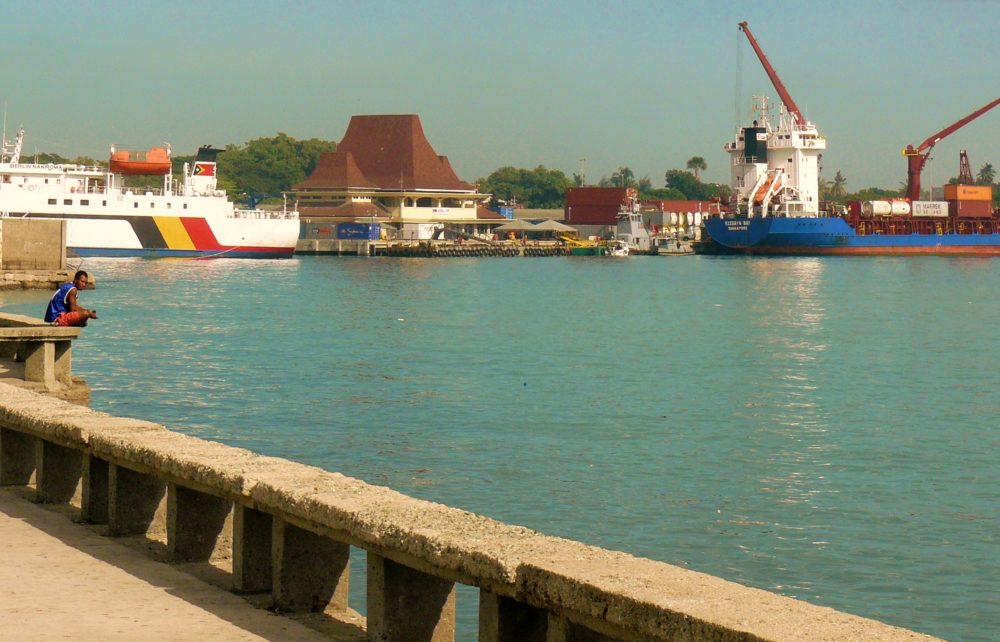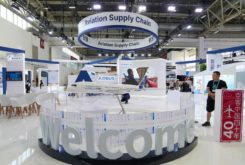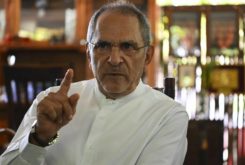The Timorese Government announced today that it has signed an agreement with the International Finance Corporation (IFC) of the World Bank group, to help the country improve its business environment. Technical assistance, which runs until June 2022, is supported by the Governments of Australia and Japan.
The agreement was signed by the interim coordinating minister for Economic Affairs, Fidelis Magalhães and the director of the International Finance Corporation (IFC) for the region, Azam Khan. “Improvements in the business environment, especially at the present time, are critical for economic diversification, one of Timor-Leste’s main political priorities for boosting growth and generating jobs,” said Fidelis Magalhães.
Referring to the cooperation that has already taken place in the reform of company registration and licensing, the objective is now to move forward “with a broader reform of the business environment to facilitate the development of economic activities and attract investment,” he explained.
Azam Khan said “removing critical business restrictions will help the private sector have a better chance of survival and recovery” after the covid-19 pandemic, said Azam Khan. “Improvements in the business environment can also play a significant role, helping to attract much needed investments in areas with high growth potential in the country, such as agribusiness and tourism,” he added.
In a statement, Fidelis Magalhães’ office explains that the memorandum of understanding “aims to support efforts to improve the business environment in East Timor”, especially in the context of “heavy losses” in the economy due to the covid-19 pandemic. The measure is part of a program that aims to encourage more investment in the country, says the minister.
“More than ever, it is necessary to continue the efforts that had already been initiated to simplify the lives of entrepreneurs and support the development of economic activities, the functioning of companies and the creation of jobs”, the note says.
The memorandum allows an IFC consultancy team to continue to support the Government to “remove bureaucracy and obstacles to the development of economic activities and to support the adoption of reforms” needed in the country.
Timor-Leste remains one of the worst countries in the world in terms of conditions for doing business, ranking 181st out of 190 in the World Bank’s “Doing Business” report.
According to the IFC recent improvements include a reduction in the time entrepreneurs have to wait to register a business, from 103 days to a mere 13 days.
Soon, the government will be opening a “one-top shop” where business owners can obtain a commercial registration certificate, license, and tax identification number from a single counter.
IFC’s Investment Climate program works with governments to make doing business easier, from cutting red tape in business registration, reforming tax and land-acquisition regulations, to keeping governments honest by measuring improvements in the ease of doing business over time through our Doing Business reports.
In Indonesia, IFC worked with the Jakarta government to establish provincial- and municipal-level one-stop shops, where businesses can submit application and obtain 19 business licenses and permits through a single office. Together with other simplification initiatives implemented by both the national and Jakarta governments over the past eight years, the reforms helped reduce the time of starting a business to 45 days from 151 days.




